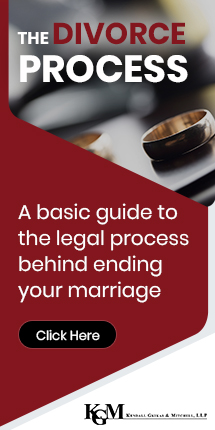Divorce proceedings aren’t easy for anyone but they can be especially complex for the self-employed. If you’re self-employed, own a home with your soon-to-be-ex spouse, then you’re likely wondering what the best option is. Read on to learn more about the many options available to you and then reach out to Kendall Gkikas & Mitchell at 909-482-1422 for a consultation.
There are three options for your home
There are three main options for a family home:
- You can sell it.
- You can buy out your spouse (if there is equity in the home).
- Your spouse can buy you out (if there is equity in the home).
The right option for you will partially depend on what you want, but wanting the home isn’t enough of a reason to keep it. There are other factors that must be considered.
The self-employed must plan ahead
It’s always wise to take a look at the home and plan out what will happen with it. Remember that the home comes with a long list of expenses including mortgage payments, taxes, insurance, maintenance, etc.
The first step is to figure out who has the obligation for spousal support. If you’re self-employed and are the breadwinner, or simply make a lot more than your spouse, then you can count on paying child support if you have children and paying at least temporary spousal support.
To plan appropriately, we need to figure out what the long-term numbers are going to be so that we can get the necessary court orders and agreements to ensure that whoever is responsible will make the mortgage payments even after the other moves out. Regardless of who does what, this is about money – simple dollars and cents. It is not about feelings, though it can feel that way. Your family law attorney can help you see through the complications and focus on the facts.
Should you stay or should you go?
There is a long list of factors that will affect whether it’s a good idea for you to stay in the home or not. First and foremost will be the economics of it. In some cases, there are advantages to staying and in some cases there are advantages to going. Next, consider the custody situation. If you’re getting primary custody then this would likely be an incentive to keep the home so that you don’t have to uproot the children.
If you can’t stay in the home because it’s too emotionally difficult, then you should move out. However, no matter what the right answer is, you should always speak with an attorney first. You can reach out to Kendall Gkikas & Mitchell by calling 909-482-1422. We are here to help you through this situation and keep your attention focused on what matters. Call us today and we’ll get started on your case. We can provide full service divorce assistance, from separation through divorce modification.



